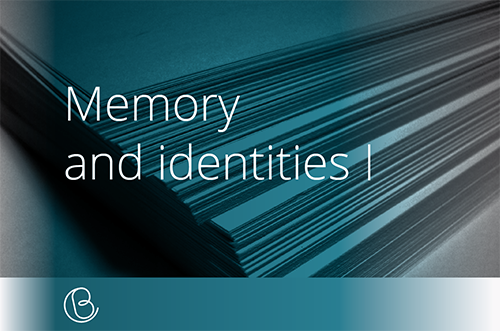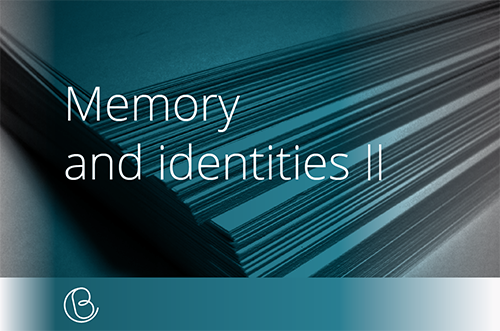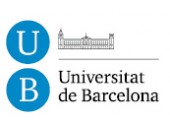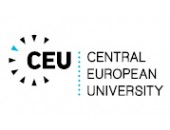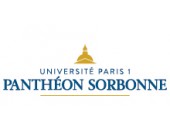
Is the invention of memories necessary to identities?
Dominique Poulot, Université de Paris 1 Panthéon-Sorbonne
The configurations of identity through memory and heritage left the greatest mark on the last two decades. “Memory”, “identity” and “heritage” have benefited from nearly unprecedented success, echoed by the growing field of study that has consecrated their usage, and which appears to be taking over the interest that was formerly dedicated to “history”. Probably, as Aleida Assmann stated, “it is only since then that the connection between time, identity, and memory in their three dimensions of the personal, the social, and the cultural has become more and more evident” (Assmann, 2012 ). Of course, each concept has been part of a long history we cannot discuss at full length here.
The notion of “identity” has a semantic field that evokes “the sameness of a person or thing at all times or in all circumstances; the condition or fact that a person or thing is itself and not something else; individually, personally”. The word addresses also “the continuity of the personality (…), the quality or condition of being the same in substance, composition, nature, properties, or in particular qualities under consideration; absolute or essential sameness; oneness” (Oxford English Dictionary, 1989: 620-1).
One can think that national identity “a) singles out a nation from the rest of humanity as being somehow different or typical, and b) articulates or suggests a moral, collective-psychological motivation for given social or national features.” (Beller, 2007, XIV). In these discourses, the reference to temporality is always present: identity is a testimony of continuity. Identity is supposed to be related to an immutable reality – even if, in fact, individuals possess different identities, and multifarious memories.
Heidrun Friese comments saying that comparing the social sciences, since the 1940’s, and the political issues, the result is a paradox: “within social theory and philosophy one can observe tendencies to question and ultimately dissolve the concept “identity”, whereas social practices emerge and increase in significance that persistently create and strengthen “identities” (Friese, 2).
Memory and identities I
Vision Document. Uses of Heritage Dominique Poulot Current uses of heritage are, first of all, part of a logic of reshaping local territories: starting from the nations in favor of...
Read moreMemory and identities II
Vision Document. Valuing Heritage as Learning and Entertaining Resources Isidora Stanković Carrying forward the idea that the process of transmission of knowledge (about the past) represents the core of heritage...
Read more